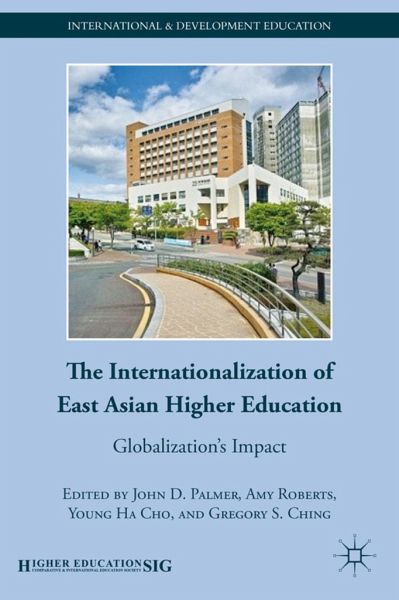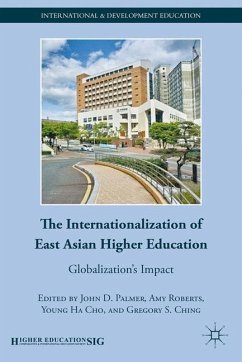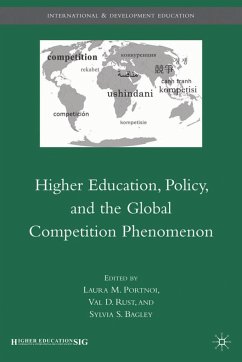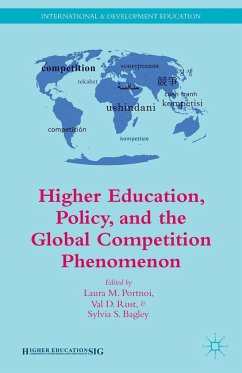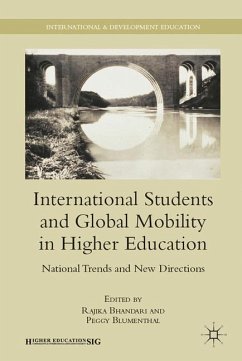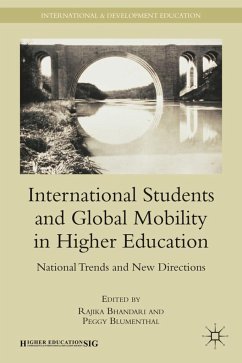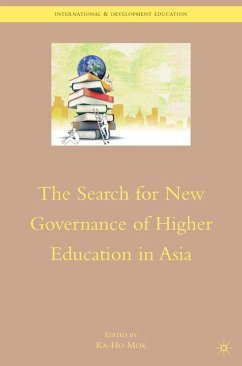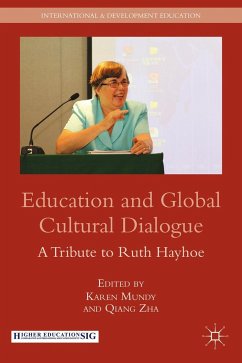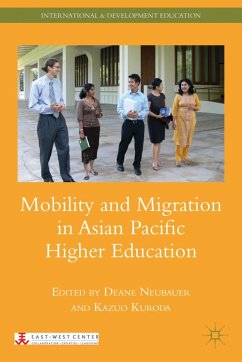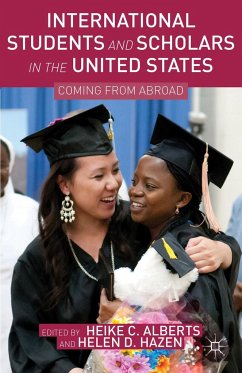'John Palmer and his team have assembled a great volume containing critical and reflective discussions of how globalization affects the internationalization of higher education in East Asia. The authors in the volume call for the rediscovery of Asian scholarship especially when major Asian universities are competing for higher university ranking globally by following the 'Anglo-Saxon' paradigm. This book will make a significant contribution to the current debate of internationalization of higher education in Asia.' - Ka Ho Mok, Associate Vice President (External Relations) and Chair Professor of Comparative Policy, The Hong Kong Institute of Education
'The significant contributions of this rich, collaborative volume stem from its authors' wise commitment to examine internationalization as a process simultaneously shaped within local, transnational, and global contexts. From the higher education 'hubs' of Singapore and Hong Kong to a regional university in western China, this valuable collection of case studies brings into sharp focus how diverse, expanding universities of the East Asian region are mobilizing to create from their own educational heritages and 'borrowed' cultural, social, economic, and political resources hybrid institutions, curricula, and campus cultures that meet the needs of students, faculty, and increasingly mobile, interconnected societies.' Heidi A. Ross, Professor and Director, East Asian Studies Center, Indiana University, Bloomington
